
The first year of uni and being away from home is a massive learning experience.
Mistakes are made, assignments are left to the last minute and you grow as an individual. It is overwhelming and chaotic but also a lot of fun and filled with fantastic new memories and experiences.
Rather than us give you advice, we thought the best people to hear it from are those who have been in your shoes.
Here, you will find top tips on surviving first year from past CEF recipients.
THE BIG THREE
Each year, we ask students who have received support from CEF what their one piece of advice would be for the next crop of rural and regional students taking on university. We get a lot of different answers, some crazy, some important and all worthwhile.
By far, these are the three tips that we see over, and over (and over) again – so we thought it was really, really important to highlight them for you!
Make the most of every opportunity and put yourself out there.
Try new things and make plenty of new friends.
Look for scholarships and financial support.
It is out there, you just need to take to the time to research and apply.
Rural and regional students are amazing!
And just as capable, intelligent and awesome as city peeps.
WORDS WORTH READING
Current and past CEF recipients know how you are feeling now, and how you will feel as the year goes on – they have already walked the path. They are amazing people who are excited to share their knowledge to help you find your way a little more easily.
Here are ten of the best pieces of advice they give YOU.
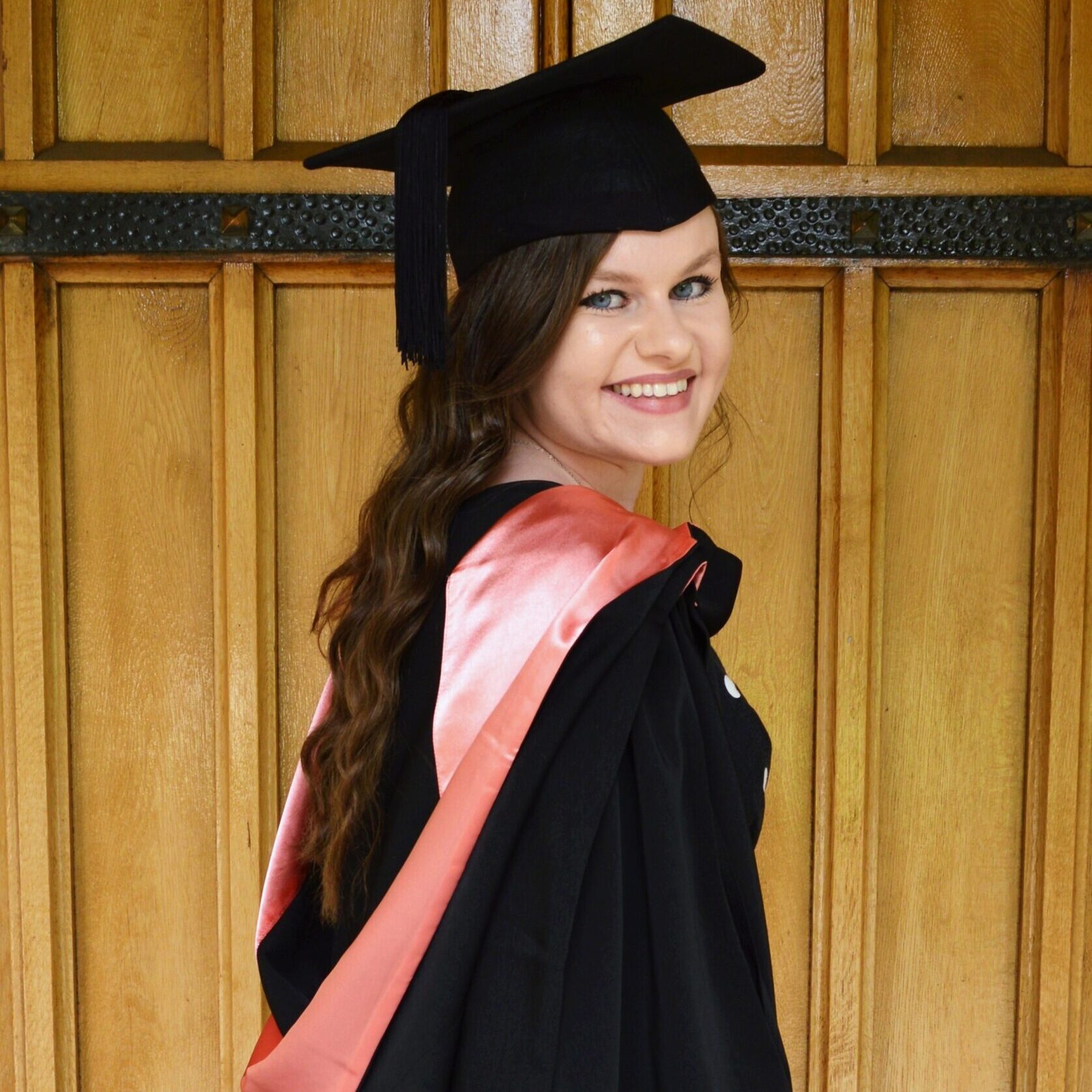
“Many students expect that specific help will not be forthcoming after leaving the safe confines of high school. Whilst it is true that no one will constantly be looking over your shoulder or reading drafts, teaching staff and managers are generally more than happy to assist however possible – you just need to ask! Additionally, institutions and professional bodies offer many support services, such as academic assistance and mentoring programs. I sought out such services in my first year and they provided a sense of reassurance that I wasn’t the only new student who felt completely lost at times.”
Elise Prior, Kapunda SA
University of Adelaide

“Apply for these scholarships. They are truly life changing and provide so much support.
You are eligible for so many opportunities due to being from a rural/regional area.
Take every opportunity you can get your hand on.”
Teagan Mayor, Temora
Charles Sturt University
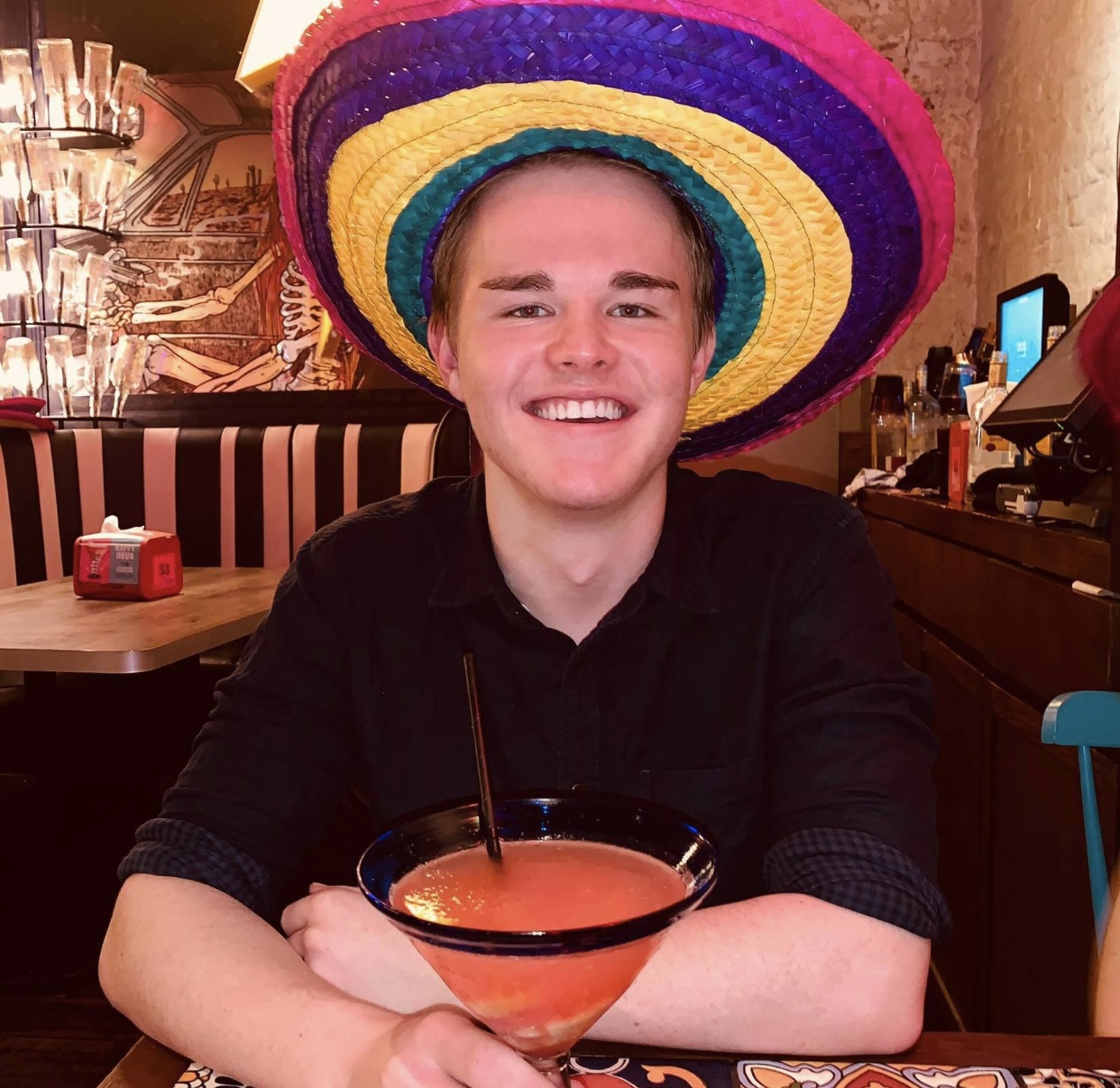
“Embrace all opportunities. Never be afraid to move out of your comfort zone. Introduce yourself to at least one new person everyday. And above all, be genuinely interested in people. They are your greatest asset now and into the future.”
Reilly Palmer, Great Lakes
University of Sydney
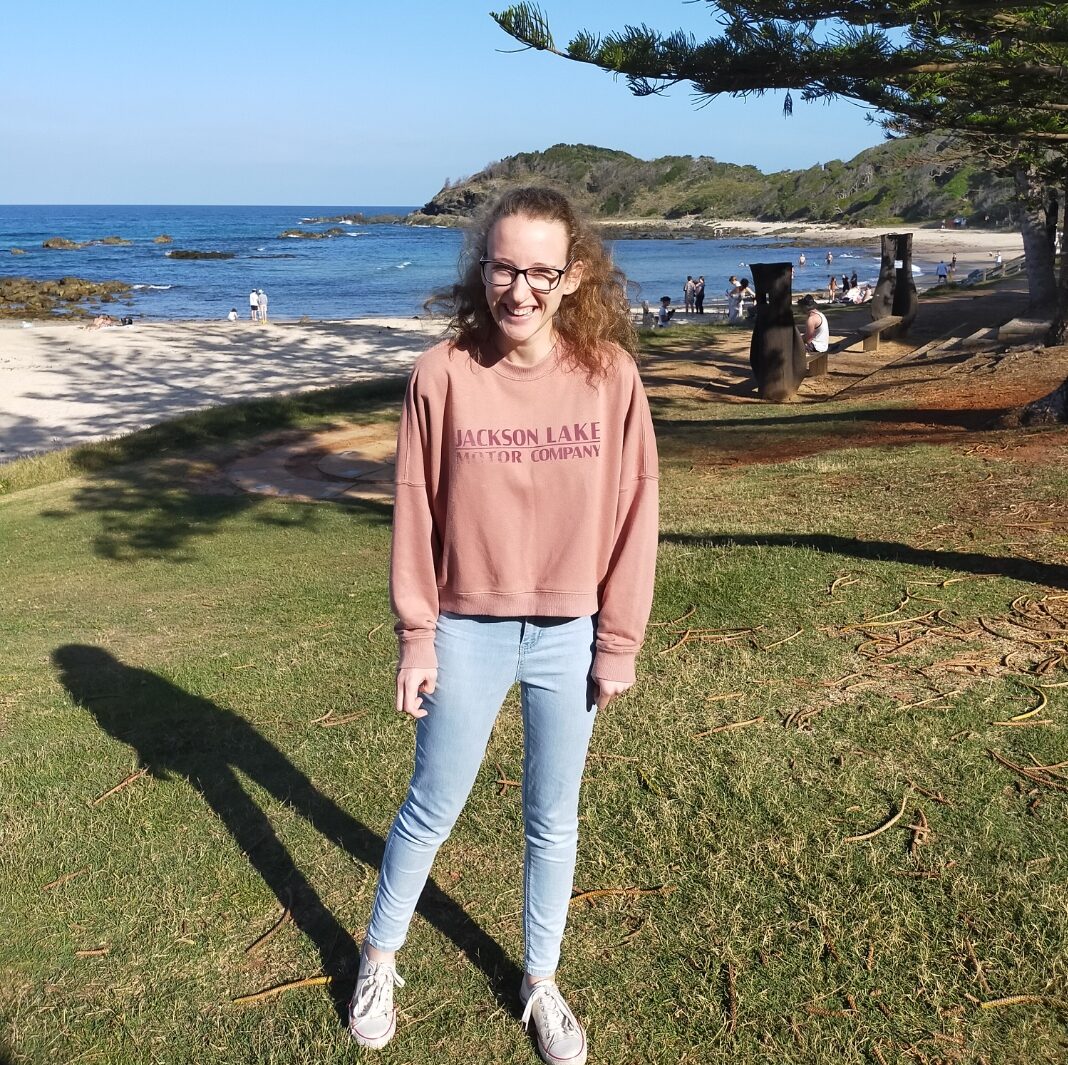
“I have kept in mind to stay humble and hustle hard throughout this year. It really motivated me, especially when I felt like doing nothing or my grades weren’t what I wanted. I knew that if I worked hard at it and did it to the best of my ability that it wouldn’t matter the outcome. What matters is that I tried my hardest and along the way I learned new things and had some fun too. So, my advice would be to work hard, try your best but also have fun while you are doing it.”
Paige Hughes, Grenfell
Charles Sturt University
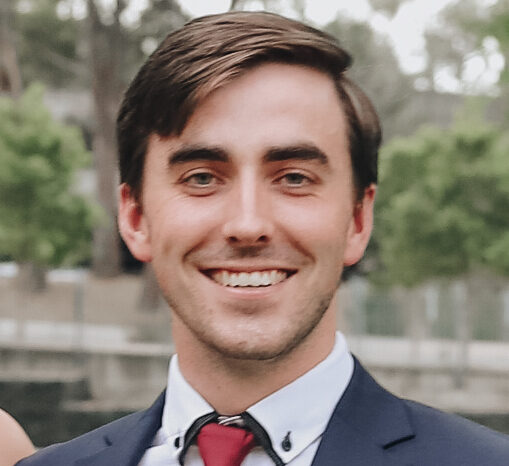
“Staying on top of all lectures and work is a must, as not only will it help you get better marks, it will mean that you are able to enjoy everything else without stress.”
Joseph Hodges, Grenfell
Macquarie University
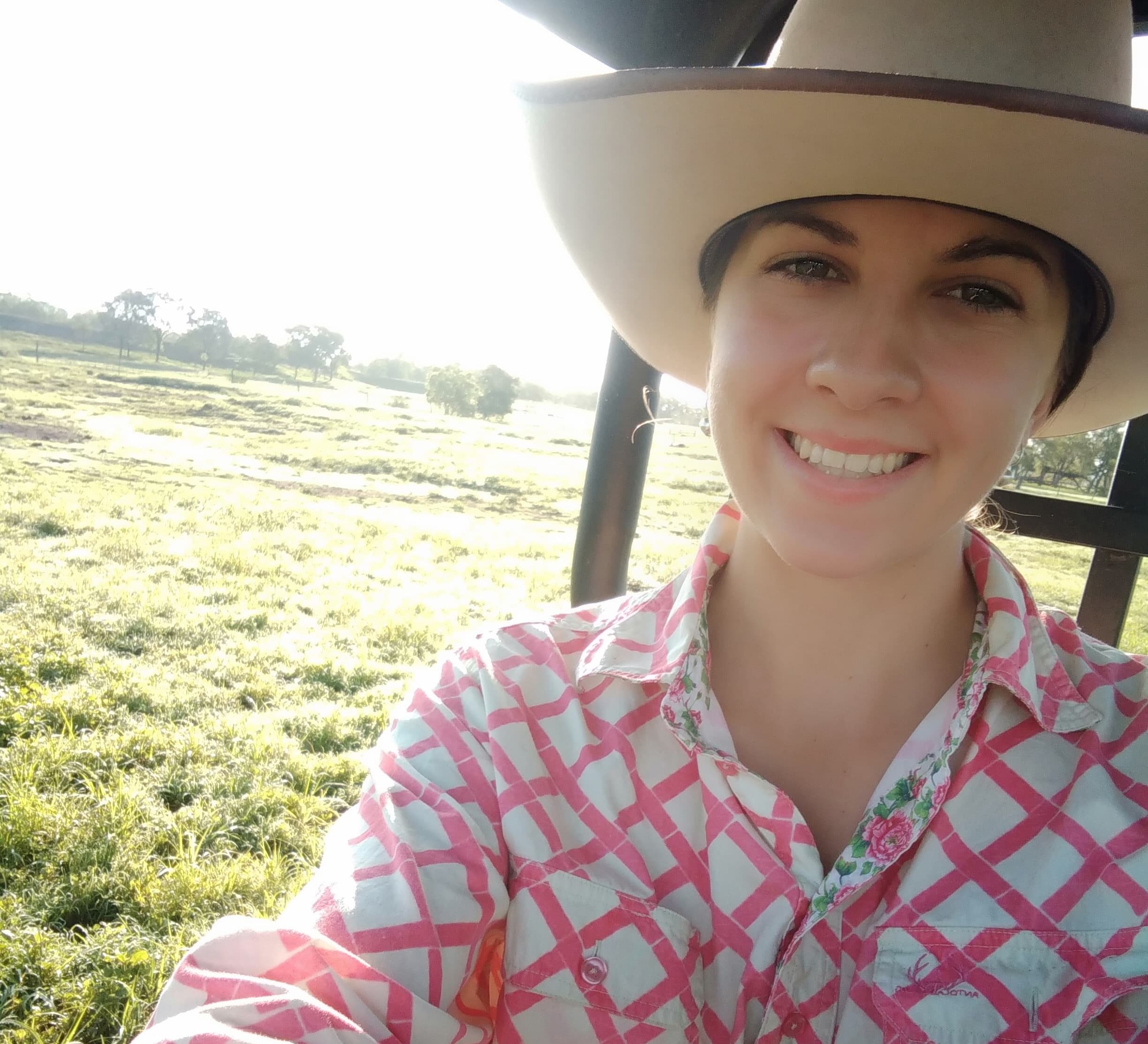
“If someone tells you that you can’t or are incapable, don’t listen to them. You definitely can and you will. With hard work anything is possible.”
Katie Barnett, Macleay Valley
University of New England
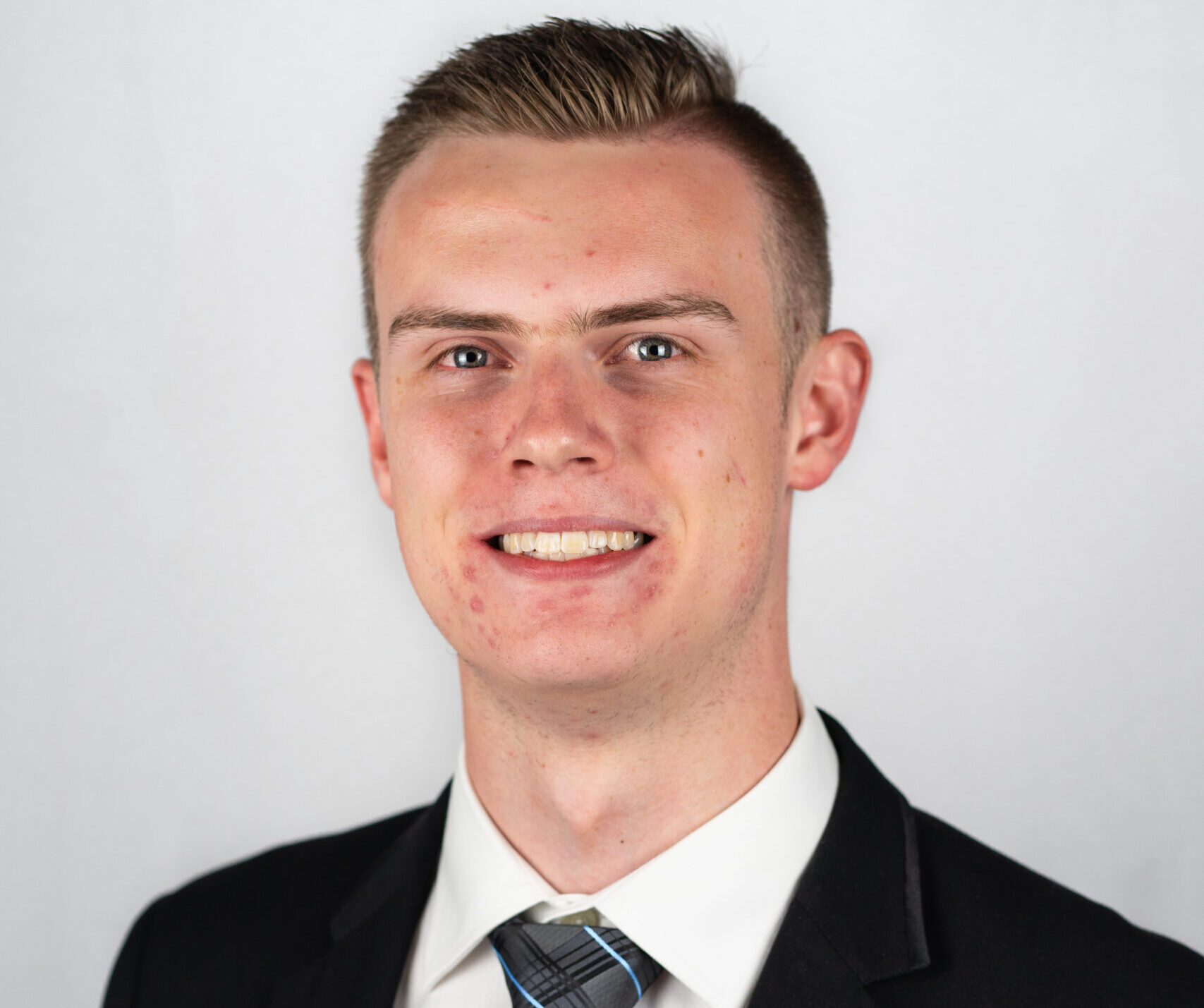
“Love your degree.
If you choose a degree that you really love than getting great marks and ultimately finding a good job will be easy.”
Jonty Kingham, Orange
Macquarie University
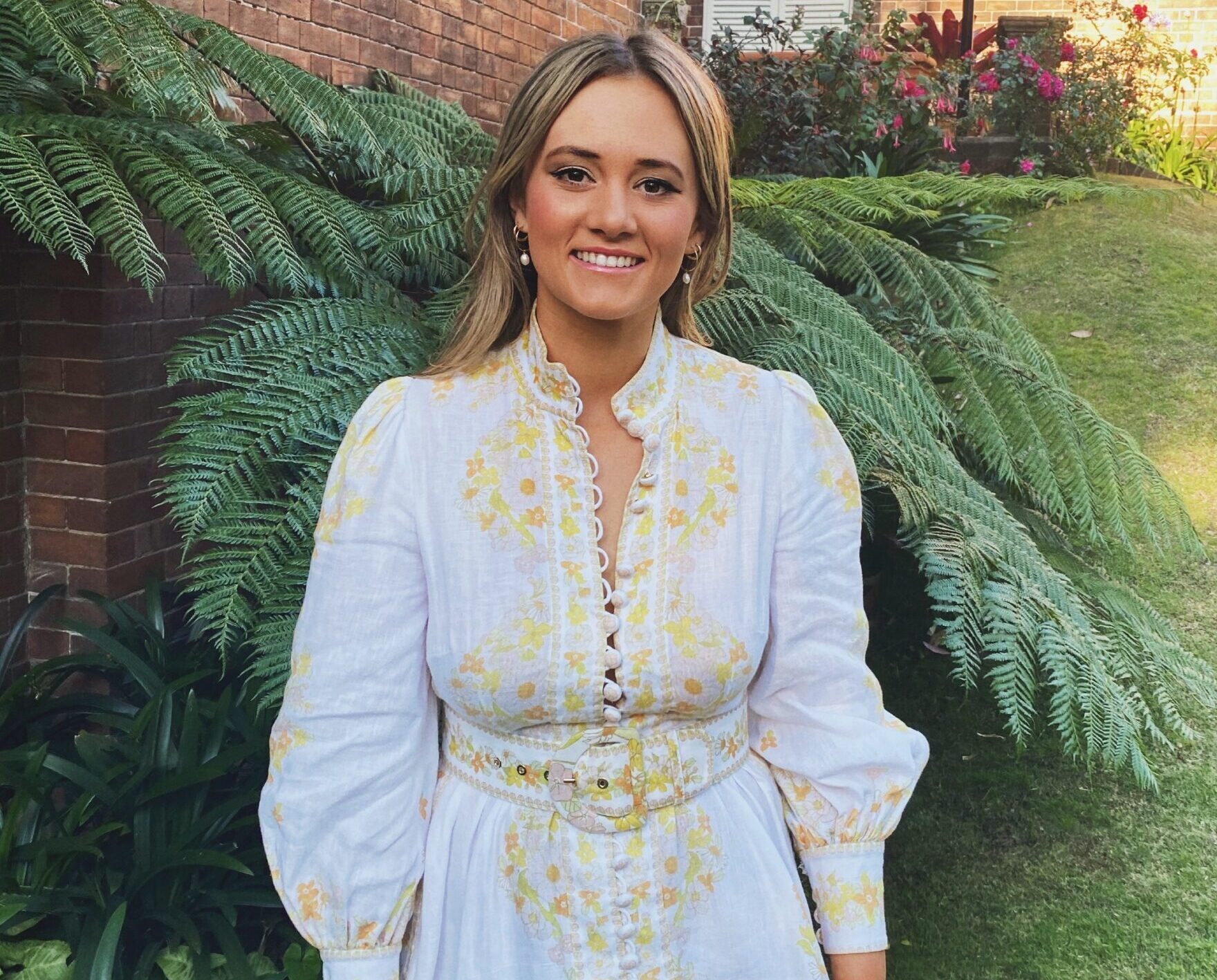
“You will gravitate towards people who you’re similar to and eventually find your ‘crew’. However, make the most of the different ideas and experiences at your fingertips. Moving to an urban centre means that you have access to so many unique things to do. Visit the art galleries, attend live music events, join university clubs and sporting clubs. Explore the city you’ve found yourself in because you may not be there forever!”
Hannah Nobes, Cowra
University of Sydney
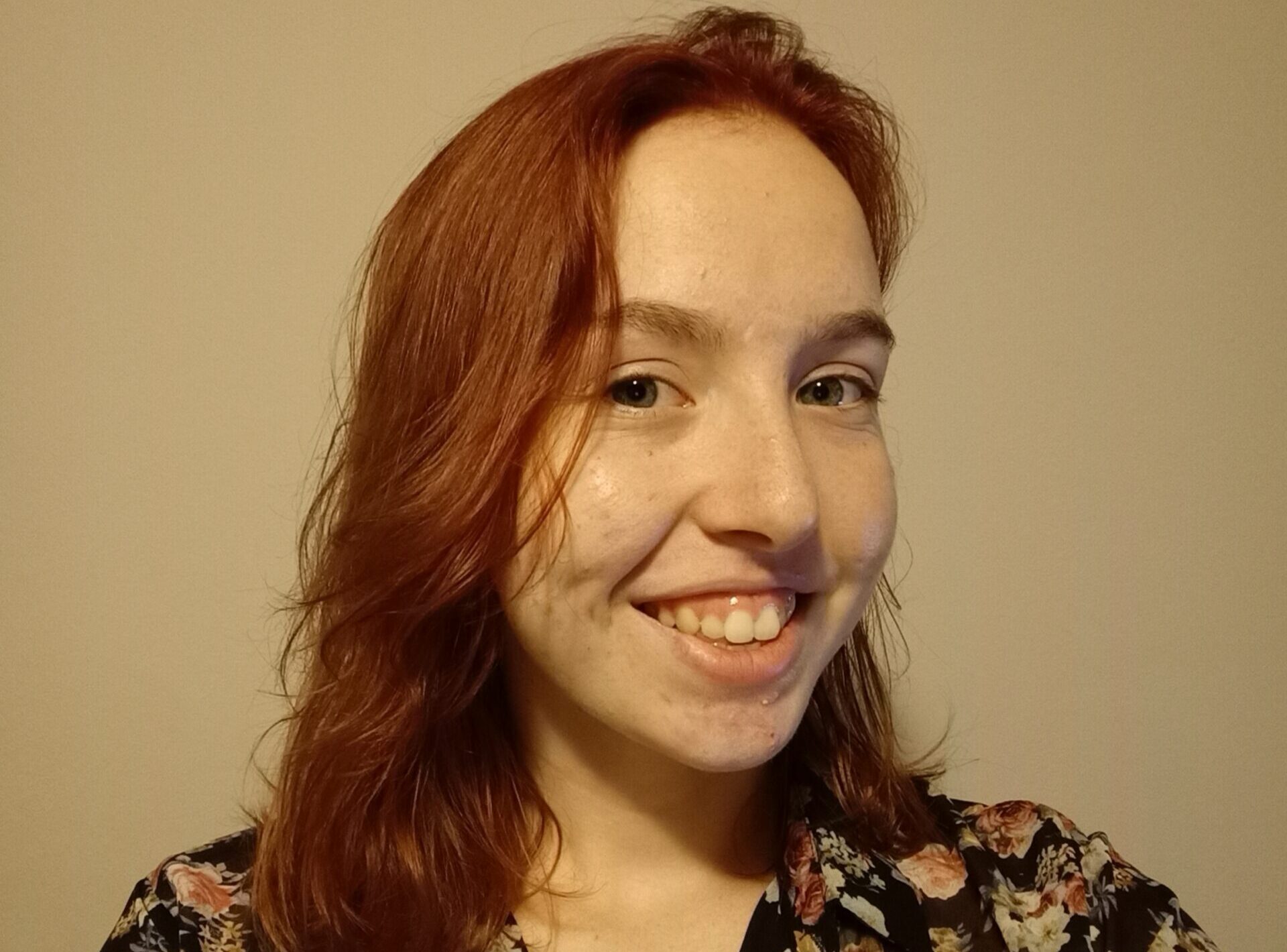
“When I first moved to Sydney, I moved into a house that I shared with three other people that I never spoke to. I felt isolated, alone, and like I was becoming someone I didn’t want to be. I realised that I had the power and ability to make the decision to move elsewhere, so I did. I trusted that I was making the right decision, and it turned out better than I could have ever imagined.”
Jessie Kay, Braidwood
Macquarie University
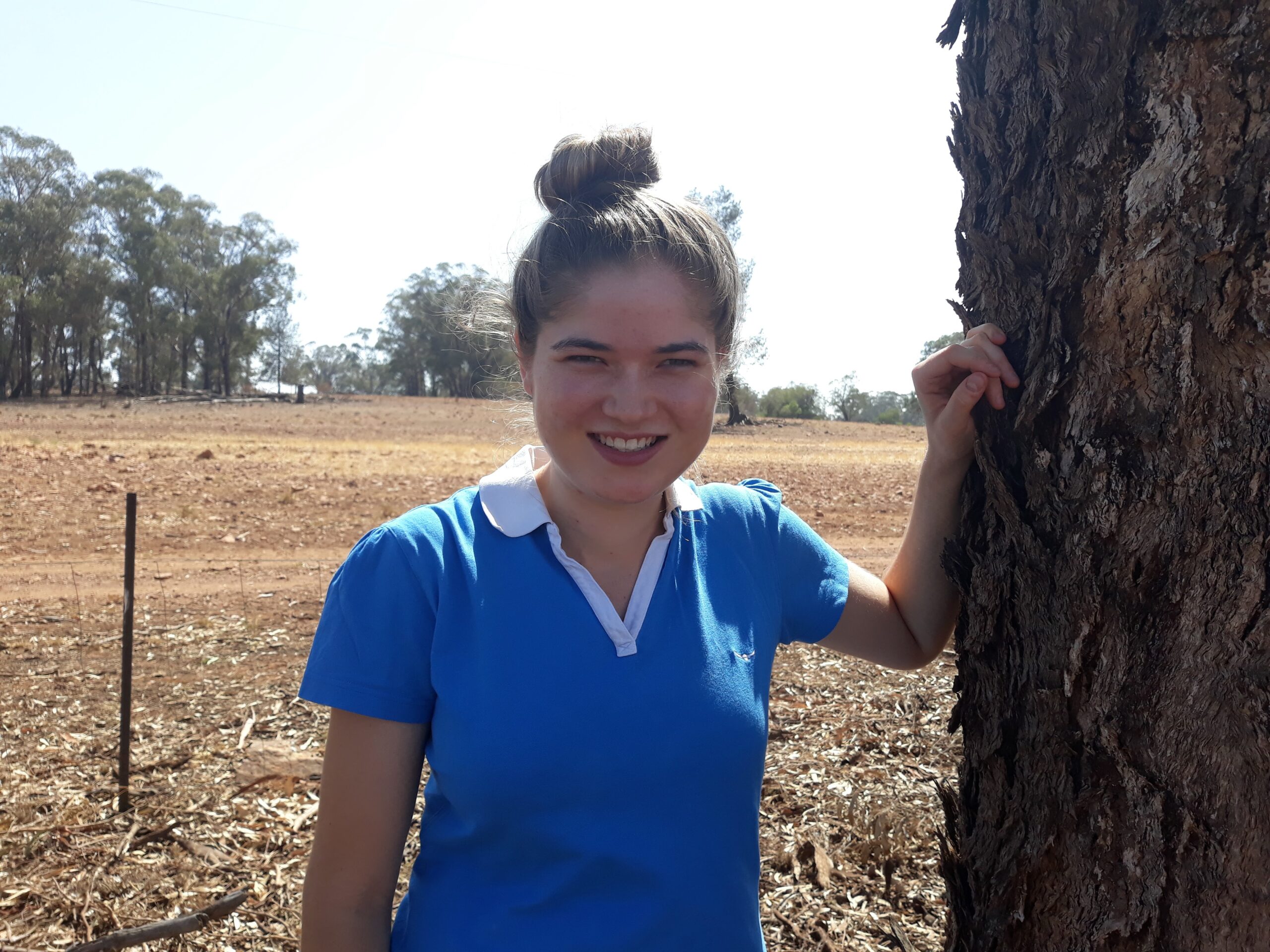
“Work hard at uni, but also find something to keep you motivated and refreshed. For me, I found volunteering at Riding for Disabled a great way to contribute to the community, have a break from studying, keep fit and help with homesickness and missing working with animals on the farm. Find something you enjoy doing and that keeps you connected to your rural roots and make time for it!”
Rebekah Messner, West Wyalong
University of Sydney
Finally, don’t forget to check out these great CEF resources for a little extra help!
CEF grants are available to ALL students aged 16 – 25 from a CEF area undertaking post school education, See if you have a local foundation HERE.
The CEF Scholarships Guide lists 100’s of available scholarships from various universities and organisations. Check it out HERE.
CEF Extra is a national program providing scholarships and other opportunities from partners and supporters. A full list can be found HERE.
‘Make it Possible’ is the CEF rural and regional inspiration hub with advice, resources and tips on undertaking education after school. Read more HERE.

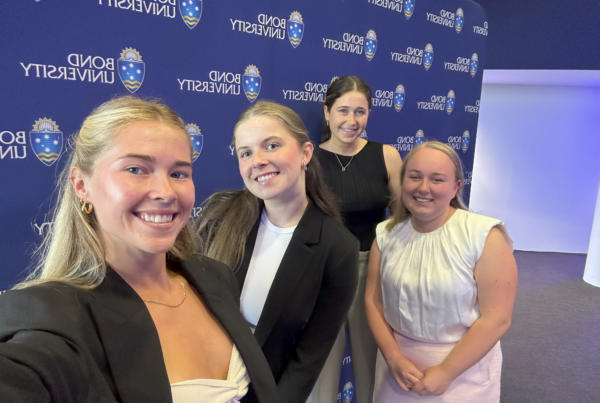

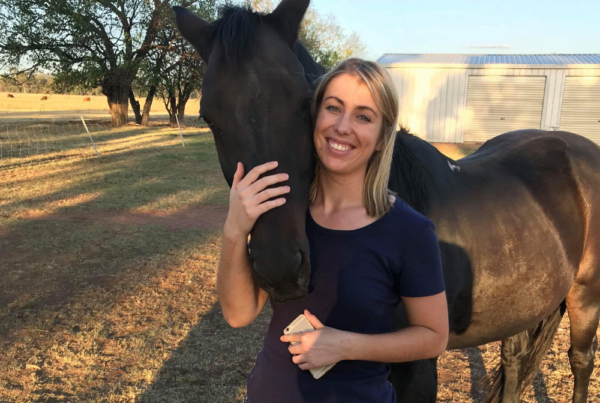

Recent Comments